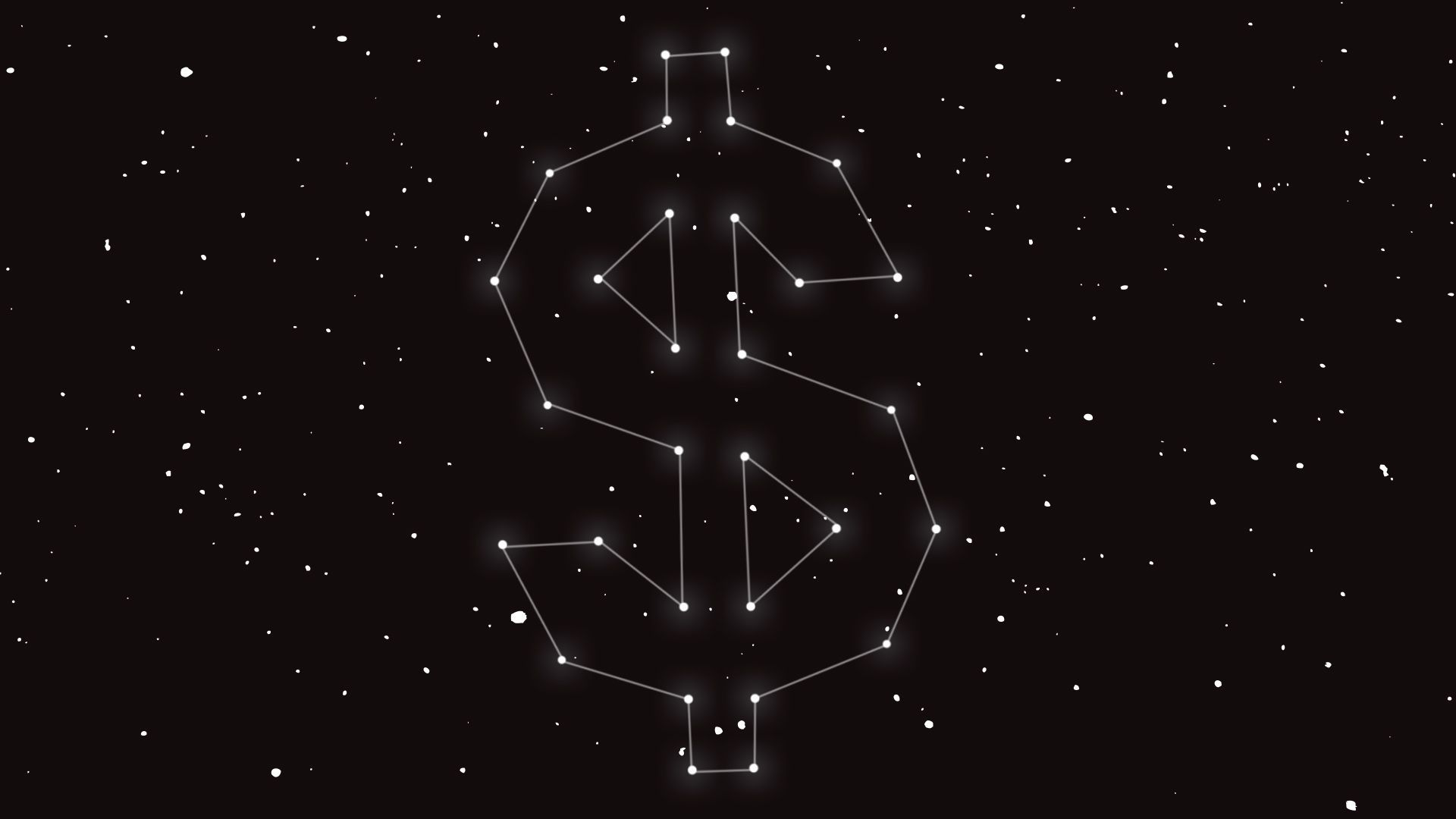The suborbital space race heats up
Add Axios as your preferred source to
see more of our stories on Google.

Illustration: Aïda Amer/Axios
Blue Origin and Virgin Galactic are pushing to launch their first paying customers to the edge of space.
Why it matters: If the two companies succeed, it will open up a new market in the space industry, one focused on consumer-driven demand for expensive trips to suborbital space.
Driving the news: Jeff Bezos' space company Blue Origin is planning to launch its first crewed flight on July 20.
- One seat aboard the spacecraft is now being auctioned off to the highest bidder, with five other passengers not yet announced.
- Blue Origin is still being tight-lipped on how much a typical seat onboard their New Shepard space system will cost, but Virgin Galactic's cost about $250,000.
The intrigue: Virgin Galactic went public via SPAC in 2019 and quickly became popular among traders as the first public human spaceflight company.
- Recently, however, the company's stock has fallen in part due to delays in testing their space plane and stock selloffs by Richard Branson and Chamath Palihapitiya, who helped take the company public.
- Blue Origin is not public, and Bezos reportedly has sold about $1 billion worth of Amazon stock per year to support the venture.
- Going public via SPAC has become an attractive option for a number of space companies, in part because getting a space company functioning at a high level often involves a huge influx of upfront capital and a long development timeline.
The big picture: In 2019, Northern Sky Research predicted the suborbital and orbital tourism markets may be worth up to $14 billion in revenue by 2028.
- That’s a relatively small amount of revenue compared to the satellite manufacturing and launch business — which NSR predicts will be worth $478 billion by 2029 — but experts think that space tourism could do wonders for the space industry at large, bringing more visibility and popularity to it.
